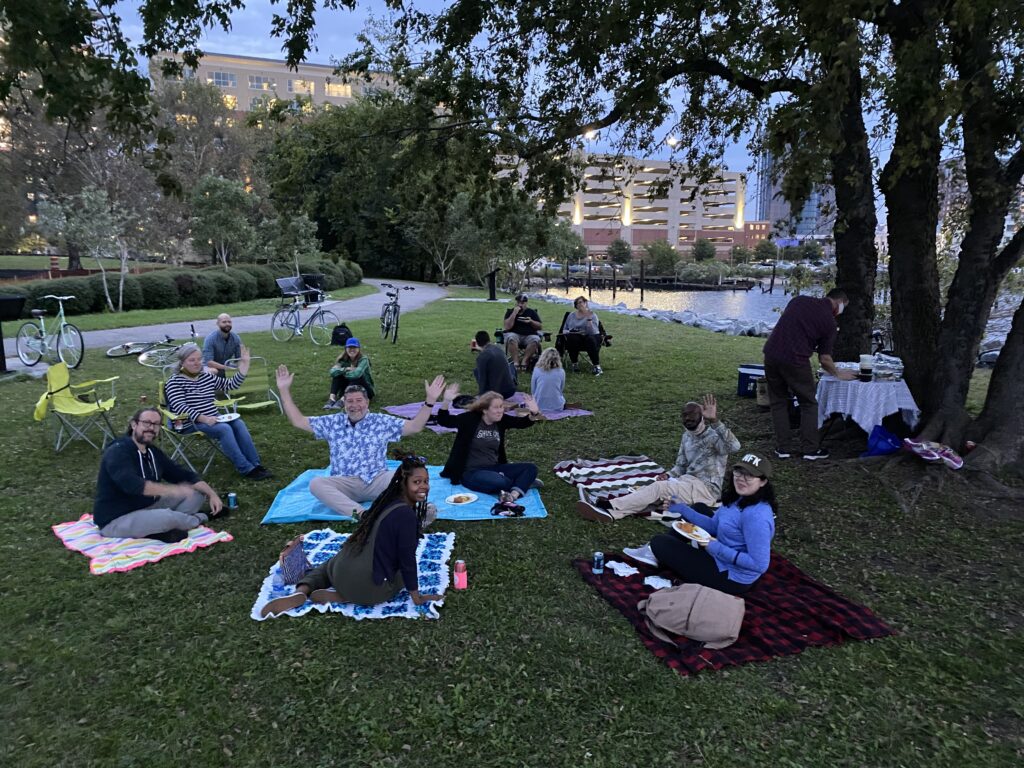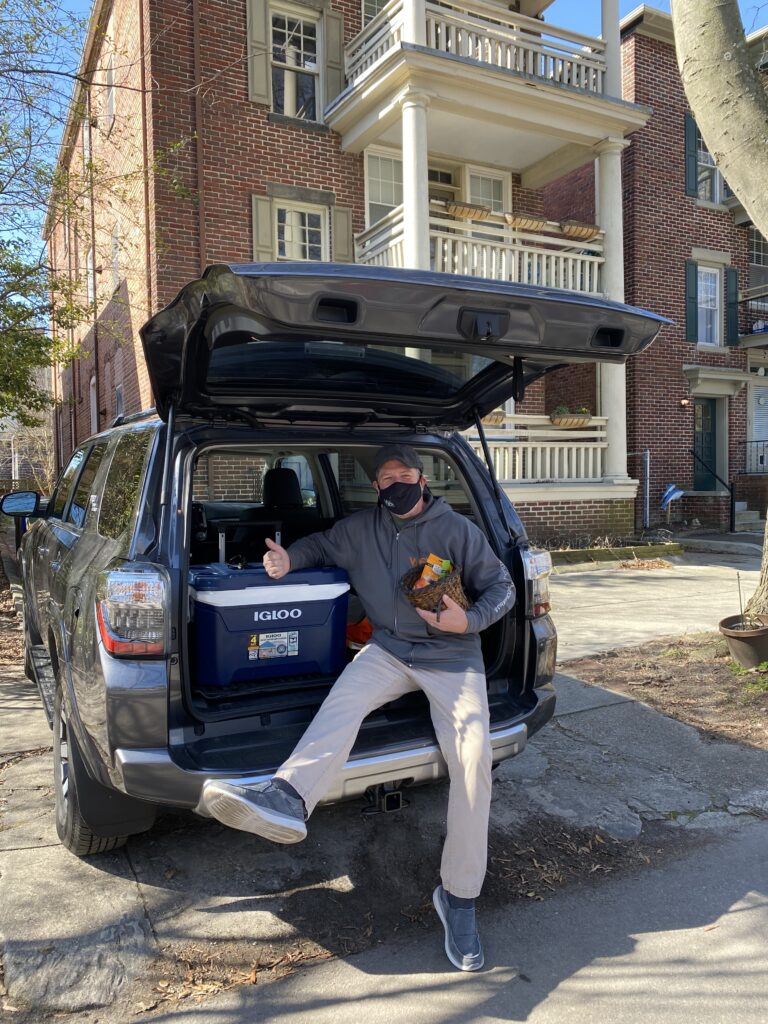It’s one year and counting since the Covid-19 pandemic sent us scurrying from our offices, doors shuttered, colleagues scattered. The emotional toll of the imposed isolation of working-from-home has not yet been measured, but it is real.
Particularly vulnerable are young staff members, many of whom live in group housing with roommates, each with bubbles that may not include the same members, whether from working or socializing. Interacting with colleagues builds confidence and self-esteem. Work hard, play hard. That’s how they do it. The lockdown created a huge social void.
Yes, we are grateful for Zoom, Microsoft Teams, FaceTime and other digital platforms that allow us to see each other face-to-face. These tools have proven we can function profitably from home. But there are many things for which they can’t compensate, like the spontaneity of being together in real time.
How have companies coped with keeping employees productive and connected? How will they adjust going forward? On the first anniversary of lockdown, might it not be a good time to show how some have not only survived, but thrived?
Work Program Architects, a small firm in Norfolk, quickly realized the emotional toll of shutdown. Architecture is, after all, a creative and collaborative profession. Daily banter about a project, the ability to ask a more-seasoned colleague a quick technical question, all die in the time it takes to set up a digital meeting. The laughter, the serious questions, colleagues keeping track of your well-being, all this is largely missing right now.

The firm has employed various strategies, from making sure everyone had an ergonomic chair, good lighting and even noise-deadening earphones for their home-office space, to “wellness check-ins” where the conversation was not about work but personal challenges or frustrations, particularly for those with children, trying to balance work and home school. The firm organized lawn chair meetings in someone’s yard, distanced “hang-outs” in places like Town Point Park, and arranged home deliveries of snacks, soft drinks and beer. A mini digital retreat in early January caught people up on financials and celebrated new partnership agreements. “It was a super positive way to start the new year and look at the company’s progress and challenges of 2020,” says Beth White, studio manager.
Rick Alexander, the firm’s business development director, volunteered for the role of “WPA Elf.” “I had some down time, and decided it would be great to spread a little cheer. He loaded up a cooler and took to the road, sometimes spending three hours of his day connecting with staff from the Peninsula to the Virginia Beach oceanfront. “Everyone was feeling so disconnected,” he says. “They told me how much they missed the daily banter. When we were all together in the studio, you would have up-to-the-minute updates on one project or another. It’s not the same having to set up a digital meeting.”

Even more challenging was bringing on new employees. Ali Allred, interior designer and project manager, was just three days with the firm when the shutdown came. She had just learned how to do a time sheet when she had to grab her things and head home. “WPA has done everything they could to make me feel a part of the team, but it’s not the same as the indirect learning that happens in the office. They made sure we had technology equivalent to what we had in the office, and they paid for furnishings for work spaces for me and even my kids. They asked, ‘What do you need?’ It was incredible.”
WPA had the unique opportunity to help the city with OpenNorfolk, developing strategies to build parklets and activity centers in neighborhoods, help restaurants with outdoor strategies, alter traffic patterns and provide “tool kits” for small businesses. “It was an opportunity to see each other every day for a time,” says White. Allred agreed. “That really helped, having that opportunity to work together.”
Zachary Robinson, an architectural and urban designer, lived on the Peninsula for much of the lockdown. “WPA has always had an extremely transparent relationship with all employees. This relationship made it easy to get communication out at the beginning of the state’s mandated work-from-home period. And since we communicate so frequently, I didn’t really have a major low moment working from home.
“It was very helpful to have the same dual-monitor setup at home that I have at the office and an ergonomic chair. And noise-cancelling headphones have probably been the most effective piece of equipment, as it makes it easier to focus with whatever might be happening in the background of our homes,” he said. “Still, I missed the ability to hear all the work that’s happening throughout the day.”
Vaccines are underway nationwide, and the firm is hoping to be able to occupy a newly renovated office space in downtown Norfolk soon, perhaps by summer. White says they are currently discussing what that will look like, for example, alternating schedules, spacing, building policies, a hybrid of work-from-home and office. “We will consider everyone’s preference,” she says.
Allred says the lockdown year has been a real opportunity to consider the workplace of the future, and she has been designing with the post-Covid office in mind. “We can’t go back completely to what was,” she says.
In the meantime, Alexander will be on the road, cooler loaded with treats. Most requested: beef jerky, mixed nuts and Inkjet cider from Sly Clyde Ciderworks in the Phoebus neighborhood of Hampton.
